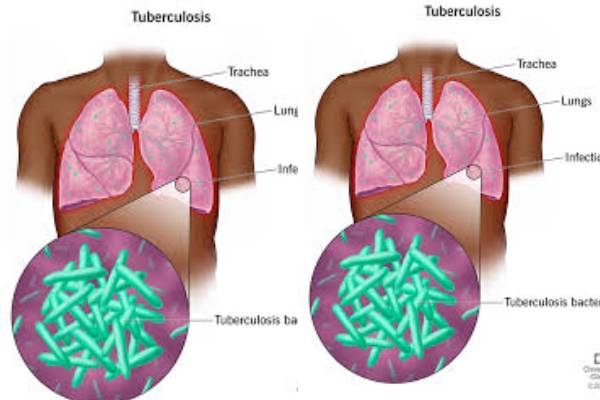More than 50,000 Nigerians have tested positive for tuberculosis (TB) in recent months following intensified screening efforts across the country, the Global Fund has revealed.
However, the organisation expressed deep concern on Monday that a large number of those diagnosed have yet to begin treatment, warning that delays could worsen the spread of the disease.
Mr Ibrahim Tajudeen, Executive Secretary of the Global Fund Country Coordinating Mechanism (CCM) in Nigeria, disclosed the figures at the 11th quarterly meeting of the Ministerial Oversight Committee (MOC) for the Basic Health Care Provision Fund (BHCPF) held in Abuja.
“We have successfully screened more than 50,000 people who are TB-positive, but we are unable to begin treatment for many due to limited resources,” Tajudeen said.
He attributed the backlog to a funding shortfall in the current grant cycle, explaining that some planned activities had been deprioritised. He also revealed that the CCM must align with the revised funding allocation by 14 July — a deadline that could determine whether those affected gain access to life-saving care.
Tajudeen described tuberculosis as a preventable and curable disease but one that continues to pose a significant threat in Nigeria, which remains among the countries with the highest TB burden globally.
He also highlighted the impact of funding shortfalls on broader health interventions. “Budget gaps have forced the suspension of key activities, including procurement of drugs, training of health workers, and infrastructure improvements,” he said.
Despite these setbacks, Tajudeen noted progress in malaria prevention, citing the nationwide distribution of 16.6 million insecticide-treated nets. He also announced that the Nigerian government had secured a $95.5 million donor commitment to support ongoing health programmes.
“Screening alone is not enough,” he warned. “Without treatment, we risk fueling the very epidemic we seek to control.”
Health experts at the meeting urged the government and development partners to act swiftly to close the treatment gap. They warned that leaving TB patients untreated increases the risk of community transmission and threatens Nigeria’s broader public health targets.
The Global Fund continues to support Nigeria in the fight against TB, HIV, and malaria by providing critical funding for medicines, diagnostics, and infrastructure. Recent efforts include the deployment of digital X-ray systems, laboratory upgrades, and the installation of oxygen and solar-powered equipment in health facilities across the country.





